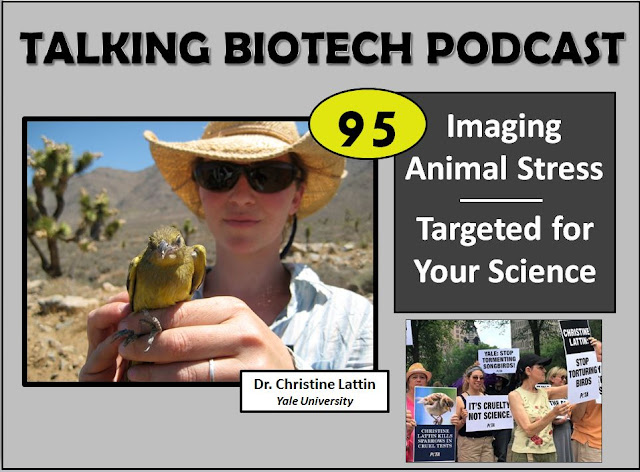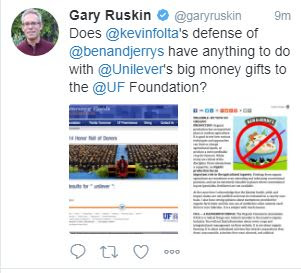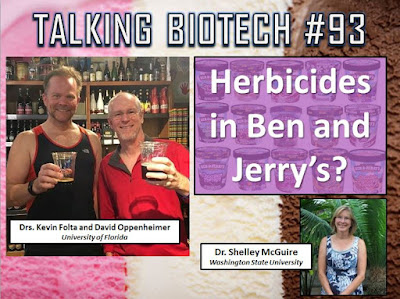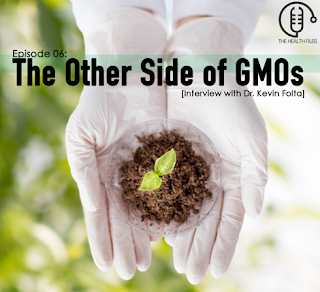I do a few podcast interviews, but this one with Ania Kay was strangely important. This episode of the Health Files Podcast was recorded in April, long before the discussions of genetic engineering as an agent of good, as shown in the film Food Evolution . I think this is one of my favorite interviews so far. As readers of this blog know, the movie Food Evolution spurred a sharply polarized response. Scientists are excited to have benevolent use of technology highlighted, while others call it "propaganda" , suggesting that it is disingenuous to not talk enough about the downsides of technology. In this podcast I do just that-- strengths, weaknesses, limits, risks, and benefits. This is how I believe most scientists discuss the topic, as science! I think this would be a good one to listen to for anyone formulating their opinion on the topic, as it reflects a range of issues and evidence that underlies them.






